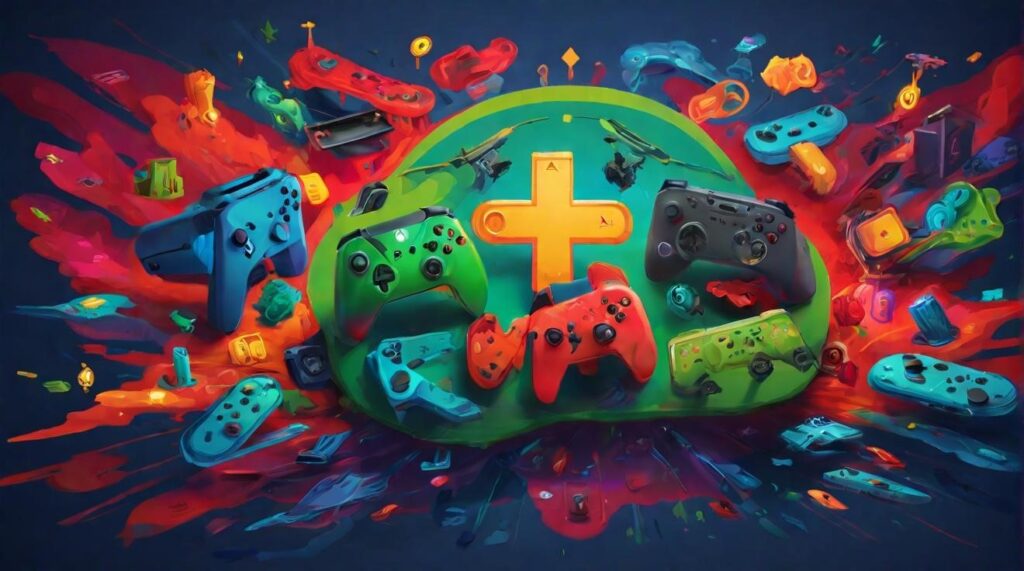In a surprising move, Microsoft announced that four of its Xbox video games, shrouded in mystery, will now be accessible on alternative platforms for the first time. Phil Spencer, the company’s head, unveiled this significant shift, signalling a departure from its longstanding exclusivity stance, especially with its Xbox platform and Games Pass subscription service.
While the specific games remain undisclosed, Spencer offered clues—they are community-driven, aged over a year, and exclude recent releases like Starfield and Indiana Jones. This strategic pivot challenges Microsoft’s traditional model, which prioritised exclusivity for its own ecosystem.
The rationale behind this transformation reflects evolving gaming landscapes and consumer behaviors. As younger gamers embrace diverse platforms and exhibit less brand loyalty, Microsoft recognises the need to adapt. Spencer expressed a broader vision, foreseeing a future where exclusive games become less prevalent in the industry.
This paradigm shift mirrors similar sentiments from Sony, hinting at a more inclusive approach to gaming. Both companies acknowledge the expanding market for diverse gaming experiences beyond proprietary hardware. Amidst fierce competition and costly studio acquisitions, Microsoft’s strategic shift emphasises a more inclusive and adaptable gaming ecosystem.
The transition also underscores the significance of subscription services like Games Pass, which offer access to a vast library of titles. With subscriber numbers reaching 34 million, Microsoft sees further expansion, anticipating a broader reach and engagement within the gaming community.
While speculation abounds regarding Microsoft’s future hardware endeavours, including a potential handheld device, industry experts remain optimistic. Despite uncertainties, Xbox’s commitment to innovation and accessibility bodes well for its future relevance and competitiveness in the gaming industry.
As the gaming landscape continues to evolve, Microsoft’s strategic realignment reflects a nuanced understanding of consumer preferences and market dynamics. While challenges persist, particularly in a rapidly changing industry, Microsoft’s bold moves signify a renewed focus on inclusivity and innovation, promising a vibrant future for gaming enthusiasts worldwide.











More Stories
Faisal Islam: Can the US Tech Bromance Revive the UK Economy?
AI Boom Powers Nvidia’s Growth Despite Rising US-China Tensions
SpaceX Achieves Successful Starship Launch in Dramatic Comeback